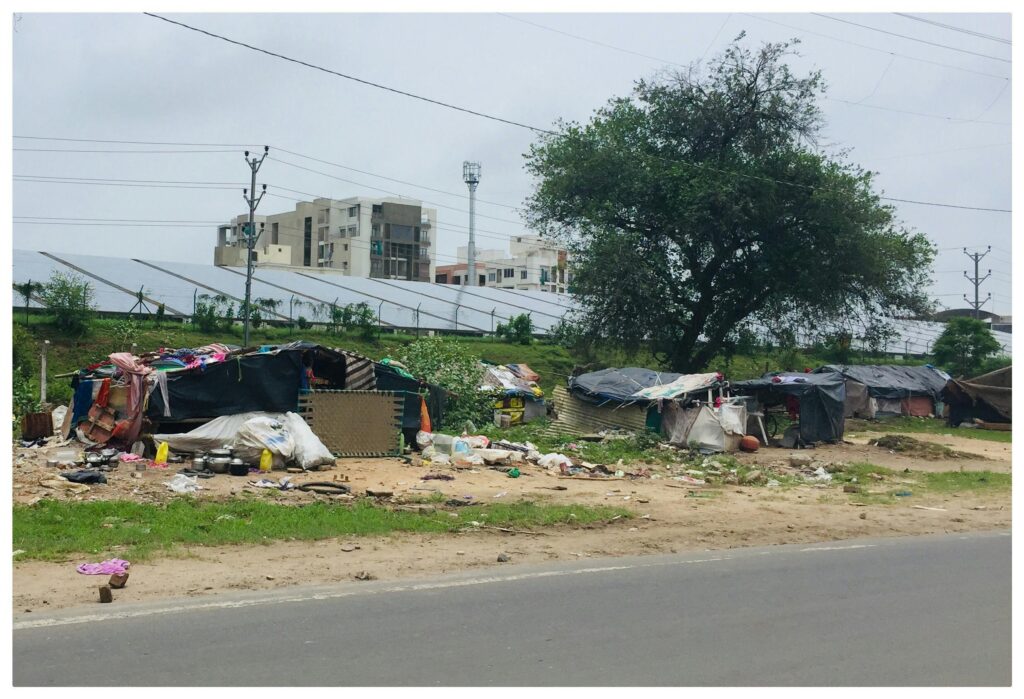Image Credit: Chris John, Pexels

Hepatitis C virus (HCV) is a global health issue, causing millions of acute and chronic infections. HCV transmission can occur after sharing contaminated needles/syringes or other drug-injection equipment, gestational transmission to the fetus during pregnancy or birth, and occasionally through sexual contact.
In the United States, the Centers of Disease Control and Prevention (CDC) noted that in 2022, there were 4.848 new cases, and 67,400 acute HCV infections, where as in that same year there were 93,805 newly reported chronic hepatitis cases.1 Globally, this bloodborne pathogen is estimated to cause chronic infection in 50 million people with roughly one million new infections occurring each year.2 The World Health Organization (WHO) also estimated that in 2022, 242,000 people died from hepatitis C, mostly as a result from cirrhosis and hepatocellular carcinoma.
People experiencing homelessness (PEH) are especially vulnerable to worsening health conditions, especially those a result of or worsened by inconsistent access to care, adequate nutrition and housing, and exposure to injection drug use. A new study in JAMA Network focused on the prevalence of HCV among those in Madrid, Spain, who were experiencing homelessness.3 The research team worked to detect and treat infections in at-risk groups, such as those experiencing homelessness, through point-of-care testing and support to help treat and prevent further infections. Performing a cross-sectional study between 2019 and 2023 in PEH, researchers utilized a mobile testing unit that used rapid HCV antibody and HCV-RNA testing. Screening 4,741 individuals, 2,709 met the definition for PEH, of whom there were 363 found to be positive for HCV antibodies (172, 47.4% then had positive results for HCV-RNA) and 148 were started on HCV treatment.
What You Need to Know
Hepatitis C virus (HCV) is a significant global health concern, with 50 million people estimated to have chronic infections worldwide.
In the US, the CDC reported 4,848 new HCV cases and 67,400 acute infections in 2022, along with 93,805 new chronic hepatitis C cases, highlighting its ongoing public health impact.
A study conducted in Madrid, Spain, found a high prevalence of HCV among people experiencing homelessness. Of the 2,709 PEH screened, 47.4% of those with HCV antibodies tested positive for active HCV (HCV-RNA).
The authors noted that 61.3% of screened PEH were born outside of Spain, 21.9% had a history of injection drug use (IDU) and 30% were using benzodiazepine. 51.3% of participants reported having sexual intercourse in the last year, of which 29.3% noted having condomless intercourse. The authors noted that the “Three main risk factors were identified: IDU (nonactive IDU: aOR, 10.8; 95% CI, 6.1-19.4; q < .001; active IDU: aOR, 27.0; 95% CI, 15.2-48.0; q < .001), lack of financial income (aOR, 1.8; 95% CI, 1.1-2.9; q = .03), and alcohol misuse (aOR, 1.8; 95% CI, 1.3-2.6; q = .004). Active HCV infection prevalence was estimated according to these risk factors separately, with findings showing significantly higher rates among participants who engaged in IDU (nonactive IDU: prevalence, 12.9%; P < .001 active IDU: prevalence, 26.2%; P < .001), (lacked any financial income (prevalence, 7.0%; P = .01), and misused alcohol (prevalence, 8.0%; P = .001).”
Ultimately, these findings are suggestive of an important need for ongoing preventative policy and support system in place, as rates of HCV declined across all the risks groups during the study period. Most notably, focused education and prevention work with those PEH at risk for HCV infection (IDU, lack of income, and alcohol misuse), would be critical to addressing this health threat locally and internationally.
References
1. Hepatitis C Surveillance, 2022. Centers for Disease Control and Prevention. April 3, 2024. Accessed December 8, 2024. https://www.cdc.gov/hepatitis/statistics/2022surveillance/hepatitis-c.htm
2.Hepatitis C. World Health Organization. April 9, 2024. Accessed December 8, 2024. https://www.who.int/news-room/fact-sheets/detail/hepatitis-c
3.Ryan P, Valencia J, Sepúlveda-Crespo D, et al. Prevalence of HCV Infection Among People Experiencing Homelessness in Madrid, Spain. JAMA Netw Open. 2024;7(10):e2438657. doi:10.1001/jamanetworkopen.2024.38657
Source link








